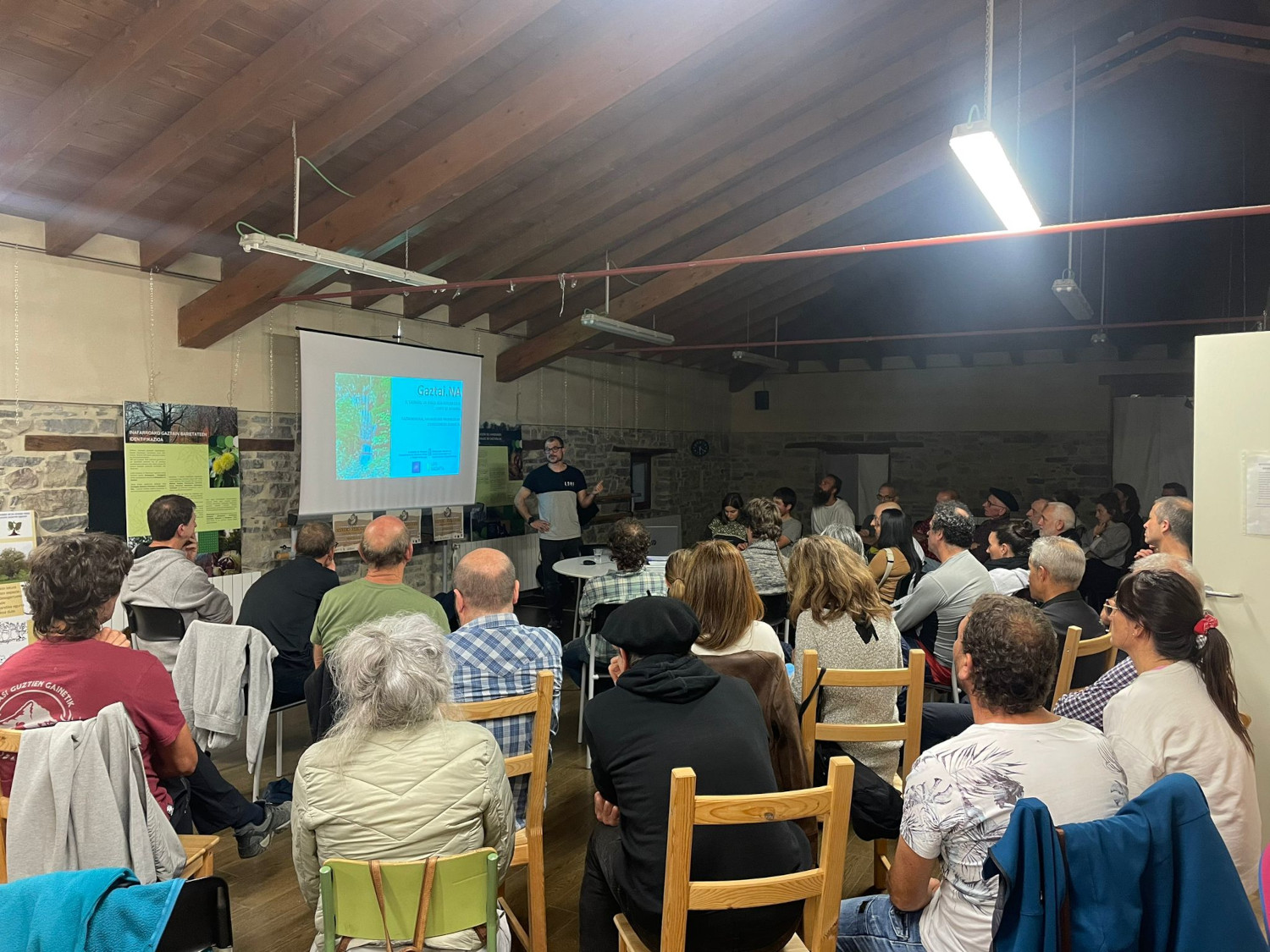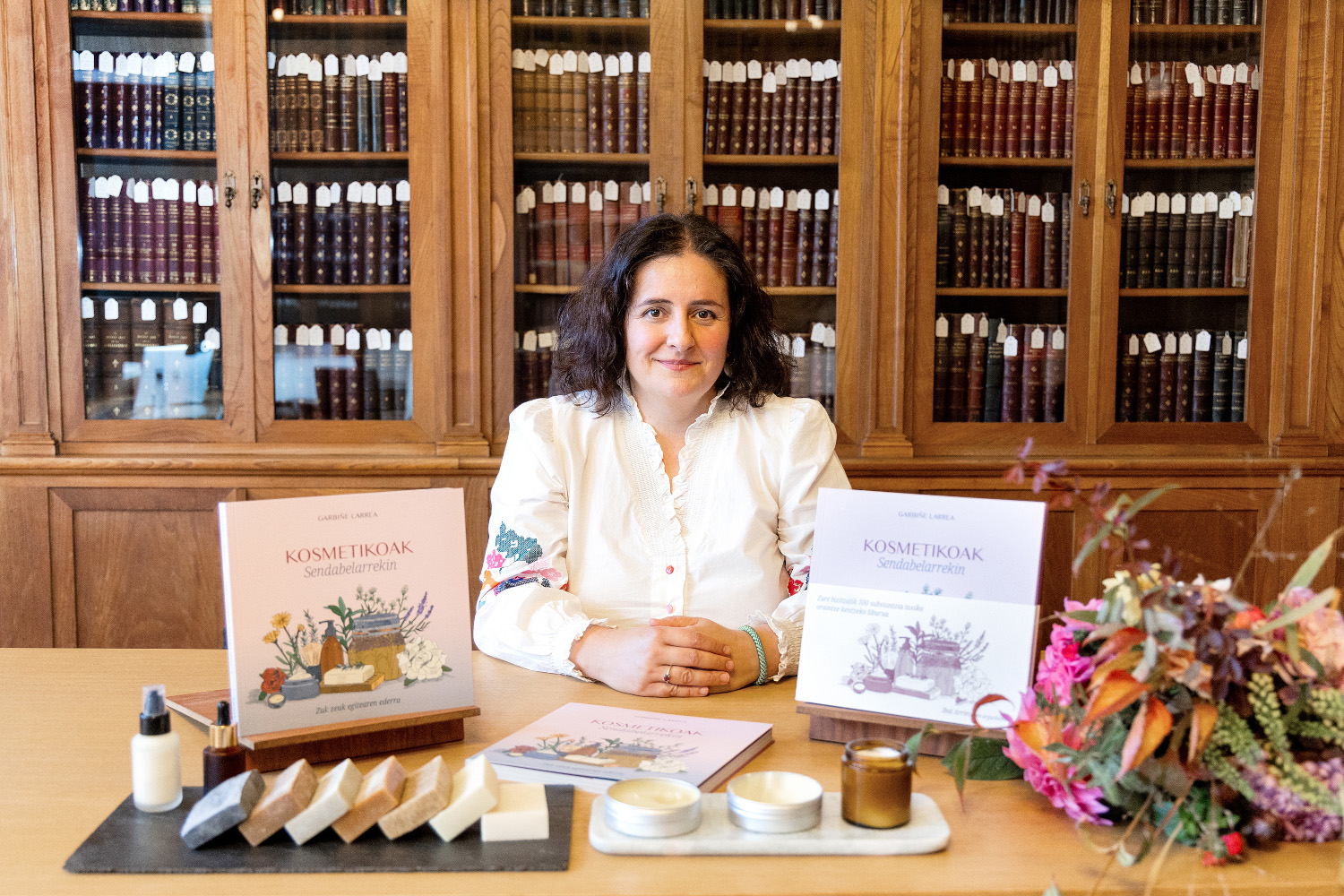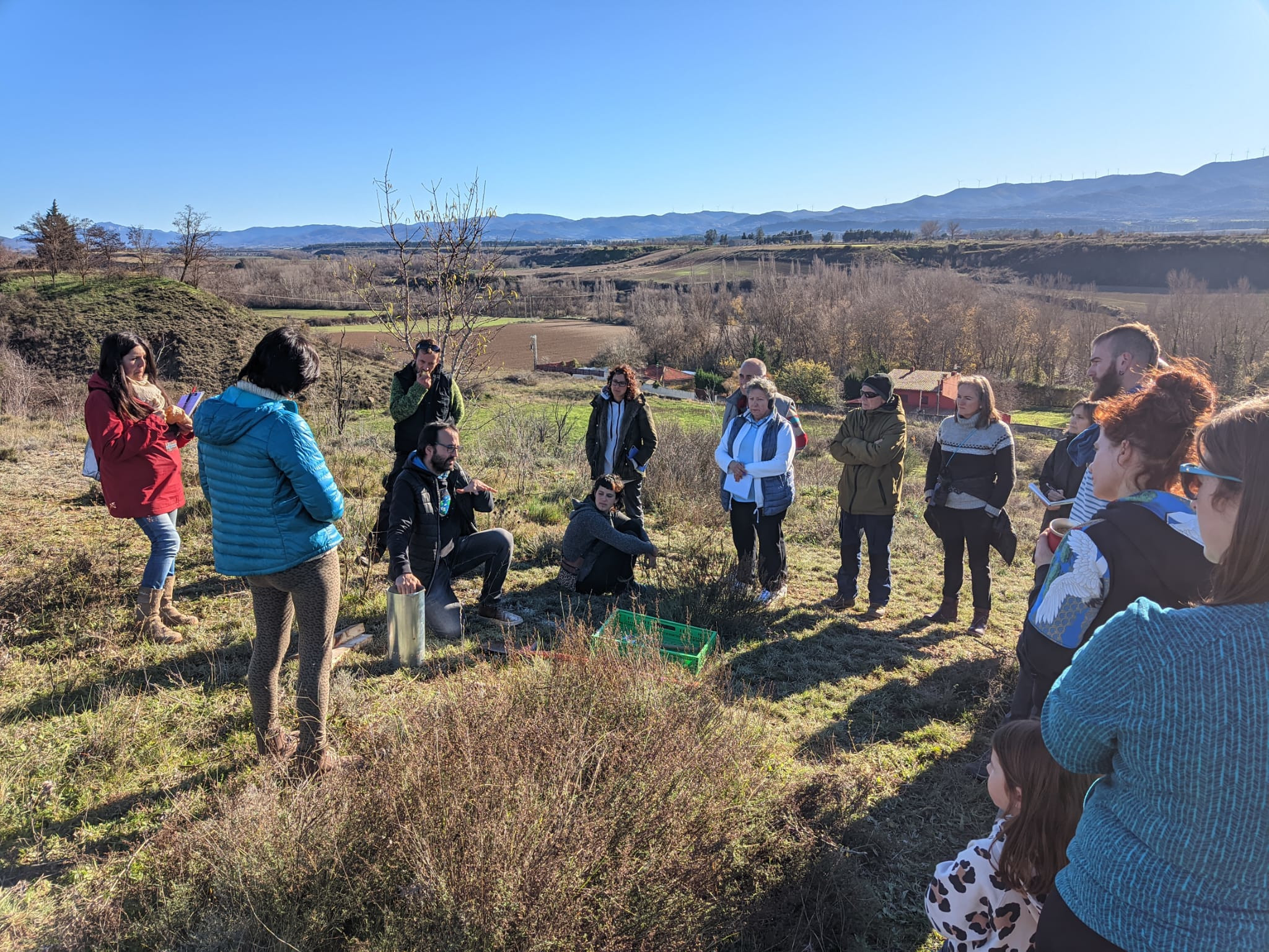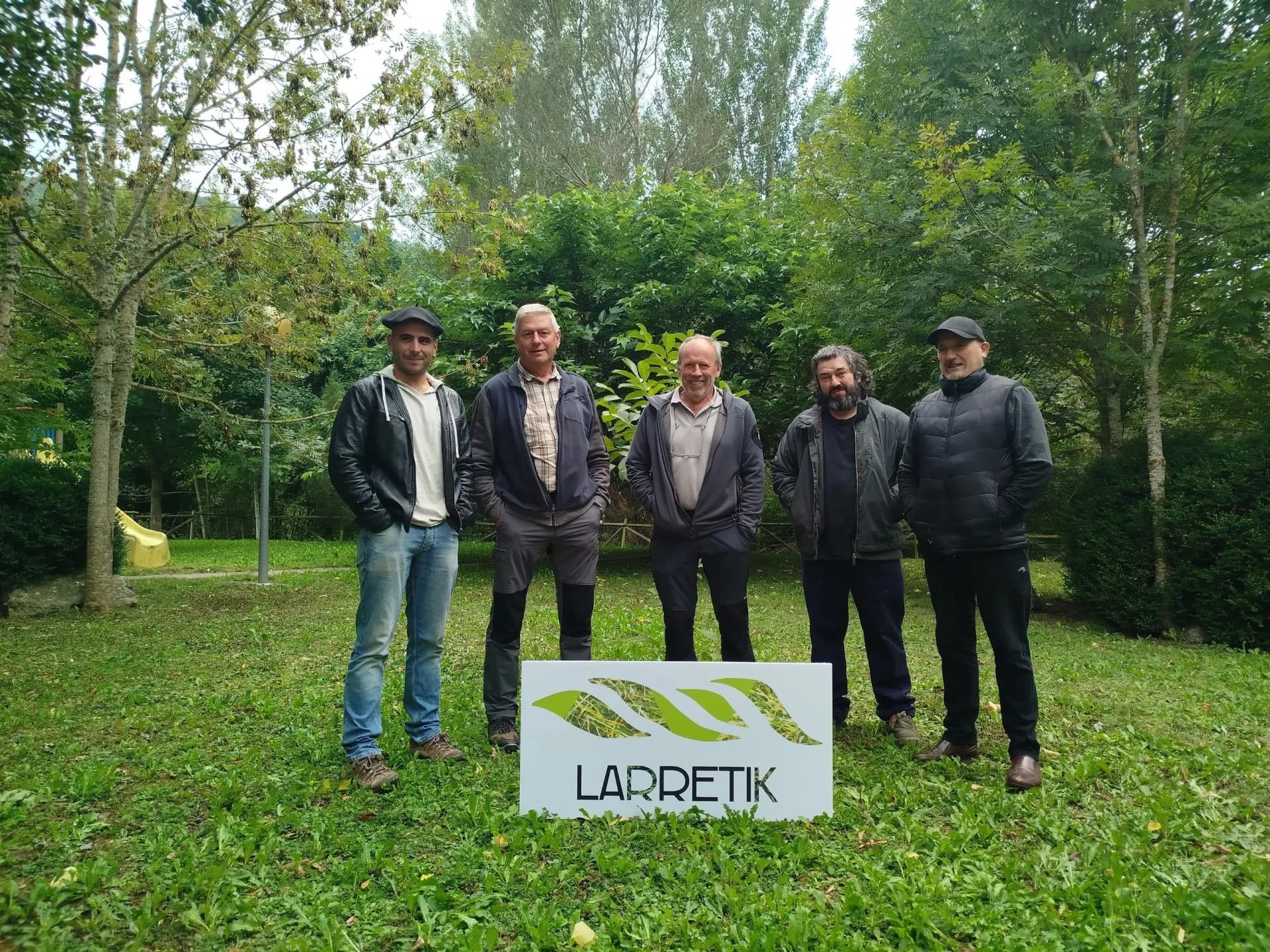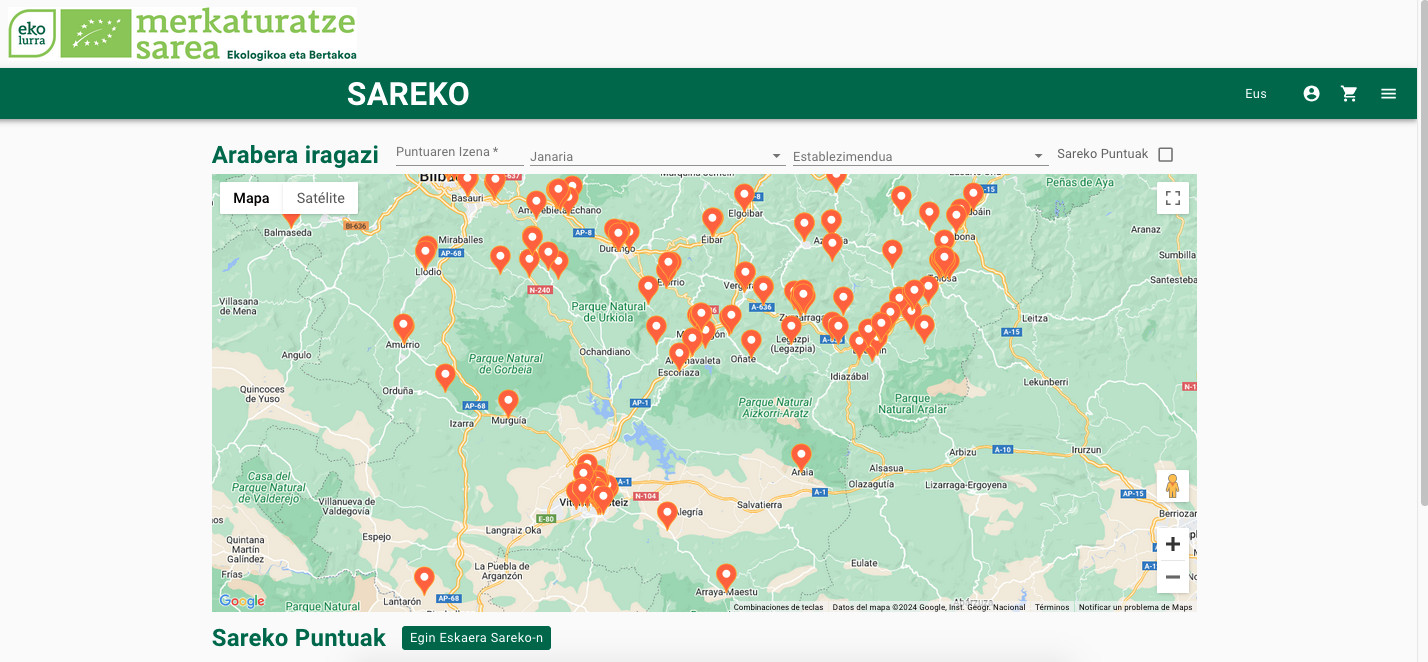
Igiti, an association of agroecological baserritarras of Arratia (Bizkaia), already has a trajectory of more than a decade. In 2010, some peasants from the region began to group together, when they felt that they were barely known and that they had to turn around. “We knew we were producers, but not who we were or what we were doing,” says Aner Mimenza. All of the following has come quite naturally from the knowledge and the network they had as their initial objective: in the region many projects have been created more or less related to the group, such as that of the Maskilu conserves, which we recently launched in this section, and common initiatives have also been launched among producers.
Collaboration is the way forward
“From the first meetings we saw that we all had very similar problems, both those directly related to daily work, and the more general ones, as well as the attitudes of the institutions,” explains Mimenza. To tackle these obstacles, Igitie’s activity was joined and divided into four lines: the marketing line, training, land bags and political action.
Linked to the first point, during these years different routes have been worked to give way to the products of the producers, and in collaboration with the municipalities of the region have recovered markets and squares. During these years, initiatives have also been launched to organise training among producers and to facilitate the way for new farmers; for example, they have contacted private owners who did not use the land and offered it to those who wanted to cultivate it. As for the political line of action, the aim of the group is to work on food sovereignty and to influence society. “We believe that we can contribute our share to the transformation of society in collaboration with other actors,” the member explained.
Reference in the Valley
Arratia is a valley with few inhabitants, and although there are many dwellings, Mimenza says that those who live from it are few. In this dispersed region, the group has achieved a reference thanks to the work carried out in recent years, and currently in Igiti some fourteen producers from different ages and areas meet. Despite the fact that the pandemic has hindered and slowed down the group's activity, its peers reaffirm their strength, and in recent months are focused on the issue of school canteens.
“Here we are also working with the institutions, trying to bring about change and thinking about how we can get jobs worthy of agriculture in this economic crisis situation,” he says. Along this road, there is another project in the valley: greenhouses are in place to offer jobs to refugees and to get minimal economic support. That and many other projects have not been developed directly by Igiti, but they have emerged by pulling out the concerns and ideas that have emerged in the group. Because collaboration and grid always carry more projects.









